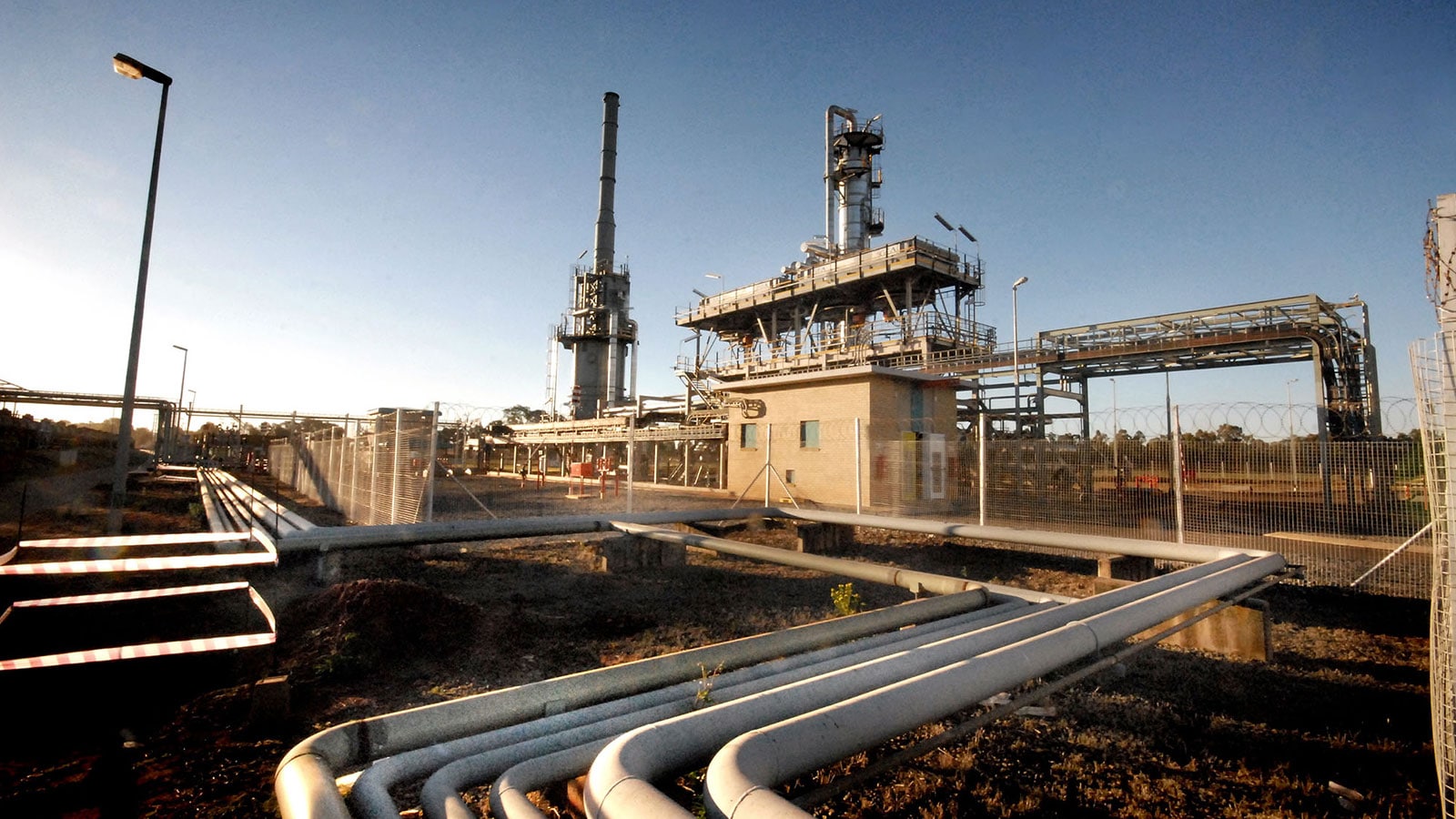{{item.title}}
{{item.text}}

{{item.text}}

Working with every segment of the energy, utilities & mining industry in Africa, we tailor our services and provide business solutions to meet your specific needs.
Globally companies are exploring the emerging markets with opportunities in energy, utilities and mining. This shifts focus to Africa with it's own challenges including resource nationalisation, a shortage of skilled labour, generally rising costs, weak infrastructure and pervasive corruption.
Despite these challenges there are enormous opportunities and potential for companies. We help organisations explore these opportunities, navigate risk and deal with disruptive business challenges. With our professionals’ financial and operational experience, knowledge of business processes and our industry insight we can help you to develop new strategies, improve operating models, grow revenues and reduce costs to deliver superior customer and investor value.
Working in Africa for over 100 years with presence in 36 countries, our in-depth industry knowledge is complemented by an extensive African and global network, all made possible through our Africa EU&M Centre of Excellence. Together we can help you transform your business networks across Africa.
The main source of energy in Kenya is actually wood fuel, which accounts for about 70% of all energy consumed. Petroleum and electricity currently account for only 21% and 9%, respectively. The Government's sector-development priorities include measures to shift the pattern of energy consumption towards modern forms of energy (i.e. electricity and petroleum), in order to protect the environment and to provide energy forms necessary for economic growth.
There is therefore great potential for growth in these other forms of energy.
The main players in the petroleum sector are:
The petroleum sector was deregulated in late 1994 with the deregulation of retail prices of petroleum products and of the importation of crude oil and refined products. However, the sub-sector could not be fully deregulated mainly because of the market’s dependence on KPRL for liquefied petroleum gas (LPG), and the absence of a viable infrastructure for its importation. Therefore, the Government requires oil companies to import and process crude oil through the refinery to satisfy the requirements for LPG. Recently, the Government has introduced an open tender system for the importation of crude to the refinery. Under this system a tender for importation of crude is awarded to an individual oil company, which then imports crude for the whole industry and supplies to the other oil companies.
In the recent past, questions have been raised about KPRL’s commercial viability and the plant’s inability to produce environmentally friendly products — unleaded petrol and low sulphur diesel. Stakeholders are divided on whether to shut down the plant in favour of processed imports or invest in a more modern and efficient new plant. A consultative process has been launched to determine the exact value of investment required to upgrade the refinery and prevent closure. The Government has already given its commitment to phase out unleaded gasoline in Kenya by December 2005.
PwC provides professional services to all major oil distribution companies in Kenya.
Several oil exploration companies were involved in the exploration for oil in Northern Kenya in the 1980’s and 1990’s, but they have all since pulled out. Recently, a consortium led by Woodside of Australia has been involved in offshore prospecting off the Kenyan coast and has already completed seismic tests in two sectors.
The National Oil Corporation of Kenya is also involved in marketing some onshore sectors.
There is relatively little mining activity in Kenya, compared to neighboring countries. The only large scale mining operation in the country at the moment is the Magadi Soda plant, which extracts deposits of soda ash from Lake Magadi. Recently, the Government signed a fiscal agreement with Tiomin Kenya, a subsidiary of Tiomin Resources of Canada, to allow the company to mine titanium deposits in Kwale along Kenya’s southern coastline.
Plans are also underway to review the Mining Act, thus liberalising the sector and allowing more players in the market.
{{item.text}}

{{item.text}}